Fertilizers for the Garden: [The 10 Best Types You Can Use]
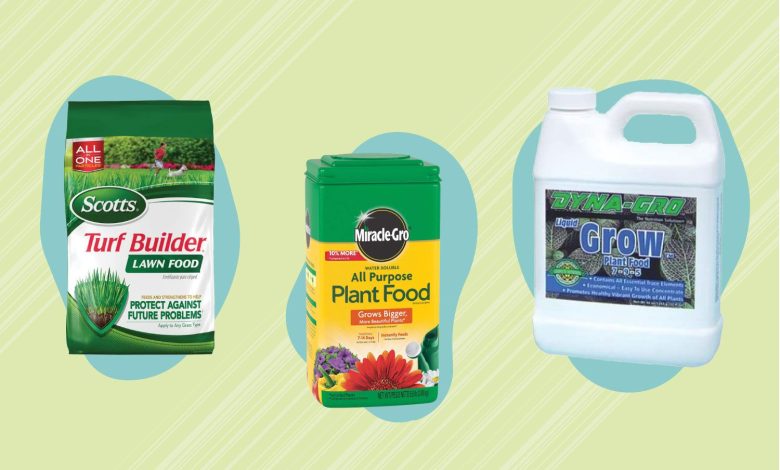
A land that has a good amount of nutrients will be ideal for growing crops and there is nothing that helps more than natural fertilizers for the garden.
Most of them are easy to get, create and use, taking us very little time to work and, in return, freeing us from this worry.
Do you know some of them?
Surely yes, although to help you we have prepared a list with the 10 best types of fertilizer that exist today.
Let’s see them.
Why fertilizer for the garden?
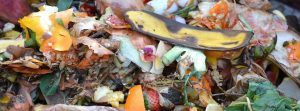 Plants need three things to survive and thrive: Potassium, Phosphorus, and Nitrogen.
Plants need three things to survive and thrive: Potassium, Phosphorus, and Nitrogen.
While store-bought chemical fertilizers usually have these nutrients, you can also provide them to your plants without the harsh chemicals just by making your own, and most of them can be made from things you already have on hand, and will probably just throw away.
It can also be a great way to recycle.
Doing it yourself is a great idea right?
The relationship between soil pH and compost
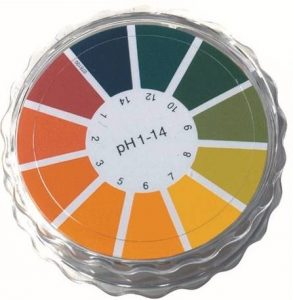 The pH of your soil has a decisive influence on how accessible nutrients will be.
The pH of your soil has a decisive influence on how accessible nutrients will be.
If your soil is too acidic, the elements can become toxic or unavailable to your plants.
For example, if a plant shows signs of phosphorus deficiency and the soil is too acidic, it won’t matter how much phosphorus fertilizer you apply.
Your plants will not be able to access them. A neutral or slightly acidic pH for vegetables allows greater availability for all plants.
Increase the pH of your soil
To raise the pH from acidic to alkaline, it is necessary to add lime.
There are two types of lime available to the home gardener: agricultural lime made from ground calcium carbonate and dolomitic lime made from ground limestone, which also contains magnesium. Each of these must be added at least 6 weeks before planting to take effect in the soil.
Although there are other types of commercial lime such as slaked lime or quicklime, they present a high risk of burning and are not suitable for the home garden.
Lower soil pH
Sulfur is an essential macronutrient for plants and can also lower the pH in alkaline soils. However, sulfur is much more risky if misapplied.
For this reason, be sure to apply sulfur only in the spring for it to be effective. Also pay attention to oversaturated or anaerobic soils: under these conditions sulfur converts to hydrogen sulfide, which kills developing roots.
And keep in mind that it takes at least a year for sulfur to take effect in the soil.
Manure
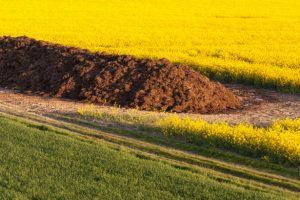 It is one of the natural fertilizers par excellence due to the high levels of nutrients that they have in their structure.
It is one of the natural fertilizers par excellence due to the high levels of nutrients that they have in their structure.
It is not the manure of any animal but that of farm animals, such as chickens or rabbits.
For its application, it must be in decomposition because otherwise it would burn the crops due to the high level of acidity.
If you don’t have animals, there are already companies that produce it and that allow you to buy them in ready-to-use bags.
Manure generally contains high levels of nitrogen, which is one of the essential macronutrients to keep plants healthy.
coffee grounds
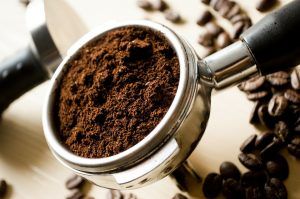 Many of the leftovers that remain in the kitchen after preparing our food are useful as natural fertilizers, as is the case with coffee.
Many of the leftovers that remain in the kitchen after preparing our food are useful as natural fertilizers, as is the case with coffee.
It can be obtained after drinking the coffee of the day, storing it for later use or applying it directly to the production of homemade compost.
It has the property of being able to be used directly on the ground, if desired.
The best thing is that coffee provides a good amount of nitrogen and plants are very grateful for that.
Earthworm humus
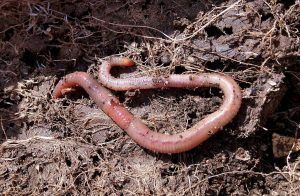 It is a natural fertilizer that can be used with any type of crop, being especially useful to promote flowering and fruit production.
It is a natural fertilizer that can be used with any type of crop, being especially useful to promote flowering and fruit production.
The production is carried out on the basis of the organic matter that we discard after cooking. That is, the remains of natural foods.
This will be placed in an appropriate earthworm container and Californian earthworms, which can be purchased at agriculture stores, will be added.
The worms will be in charge of consuming the organic matter and processing it to turn it into an excellent quality humus for any plant.
It can also be purchased at specialty stores.
Eggshells
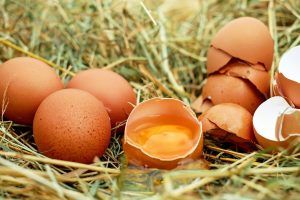 It is one of the most beneficial natural fertilizers that exist because, in addition to nourishing plants, it also helps to repel some pests.
It is one of the most beneficial natural fertilizers that exist because, in addition to nourishing plants, it also helps to repel some pests.
Ideally, apply them directly to the base of the plant, processing it to make it a powder that is much easier to work with.
Eggshells are rich in calcium, which is one of the main micronutrients that plants need to carry out their vital processes.
In addition, it is a zero-cost natural fertilizer because the shells are not possible to consume and almost always end up in the garbage can.
grass clippings
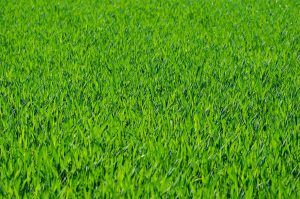 The leftovers that remain after pruning the garden are also useful to maximize the nutritional properties of the garden.
The leftovers that remain after pruning the garden are also useful to maximize the nutritional properties of the garden.
The idea is to prepare a mixture with freshly cut grass and water and let it rest for 2 days.
Since this grass tends to decompose quite quickly, we will obtain a product rich in nutrients.
When applying it, it is only necessary to dilute one part of the compound with 10 parts of water and spread it over the crops.
Banana peels
The banana is a fruit with a high content of potassium and has the property of transferring this nutrient through decomposition.
To achieve the fertilizer, the shell is used, which can be applied to composting or buried in an area near the base of the plant.
It is important to know that when plants have a good level of potassium, they are able to bloom with greater abundance, beauty and quality.
ashes
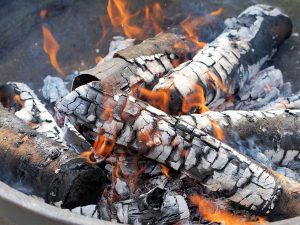 The ashes that are produced from the burning of wood contain good levels of phosphorus, calcium and potassium.
The ashes that are produced from the burning of wood contain good levels of phosphorus, calcium and potassium.
It is an activity that is useful to eliminate waste thrown by fireplaces that use wood to produce heat.
Of course, even with the advantages it has, it is not a highly recommended fertilizer for soils that are very alkaline.
When preparing it, it will only be necessary to dilute ashes in water and spread around the plant, not directly to the root.
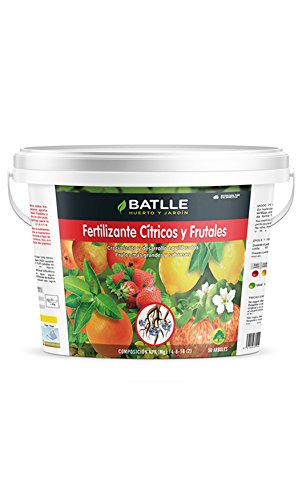
Apple vinager
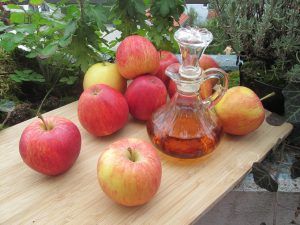 Surely it is one of the homemade fertilizers that are less known in the world of gardening but that offer surprising results.
Surely it is one of the homemade fertilizers that are less known in the world of gardening but that offer surprising results.
Its use is oriented, above all, to plants that grow in soils with a high level of acidity.
Thanks to the properties of vinegar, the plants will look healthier and it will be avoided that they present burns on the leaves.
As in almost all cases, it is a product that is diluted in water and applied as if it were an irrigation.
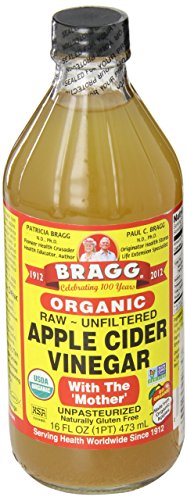
sugar water
This is one of the best fertilizers available to treat ornamental flowering plants.
The reason is that sugar, when broken down, turns into glucose which is one of the basic requirements of plants.
This makes them full of energy and vitality and, therefore, produce an abundant and beautiful bloom.
The procedure is to dilute two teaspoons of sugar in a cup of water and apply as irrigation water.
Compost
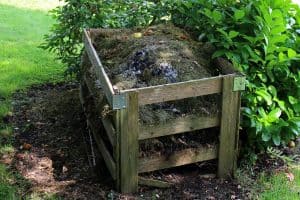 It is the best known homemade organic fertilizer and is made with the use of leftover vegetables, fruits and other natural elements that come from the kitchen.
It is the best known homemade organic fertilizer and is made with the use of leftover vegetables, fruits and other natural elements that come from the kitchen.
Its preparation can be done in a plastic container, giving it enough time for microorganisms to decompose the material.
In the end, it will remain as a kind of land that can be incorporated into crops without major inconveniences.
It is usually recommended that the container have a lower outlet and a higher inlet, to make it easier to incorporate the ingredients and remove the homemade organic matter such as ready compost.
Any of these fertilizers for the garden will come in handy for our crops, it is just a matter of knowing how to take advantage of them and meet the needs.
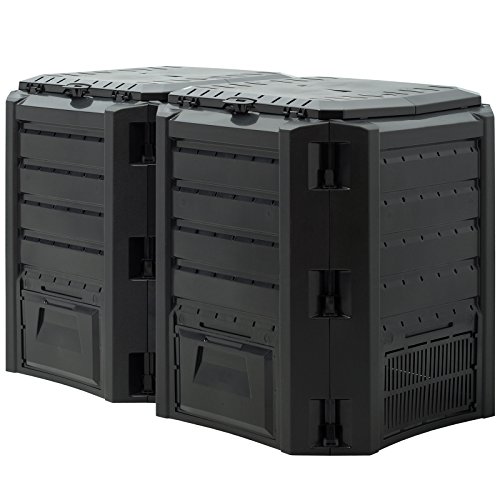
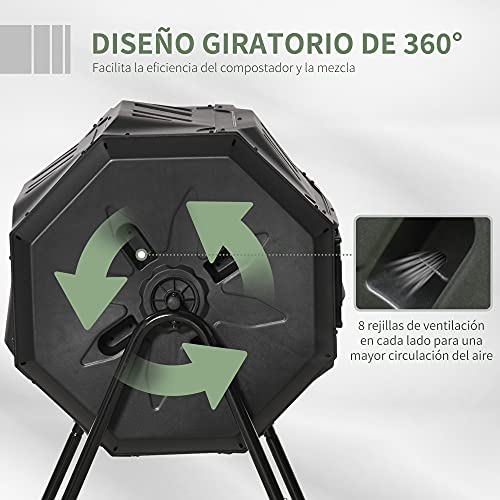
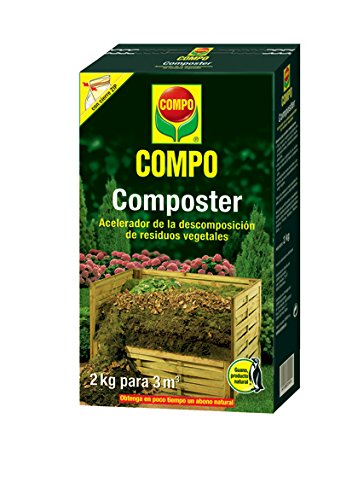

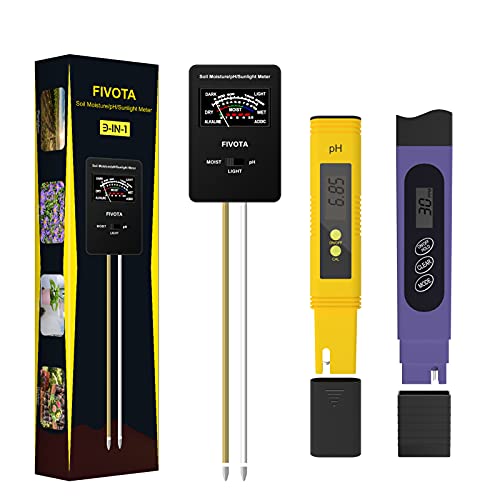
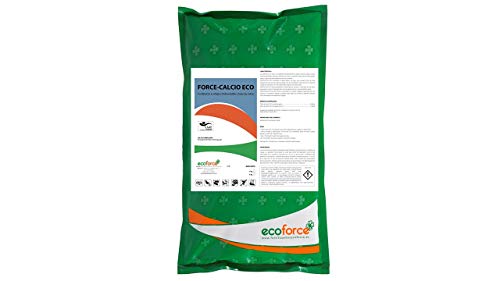
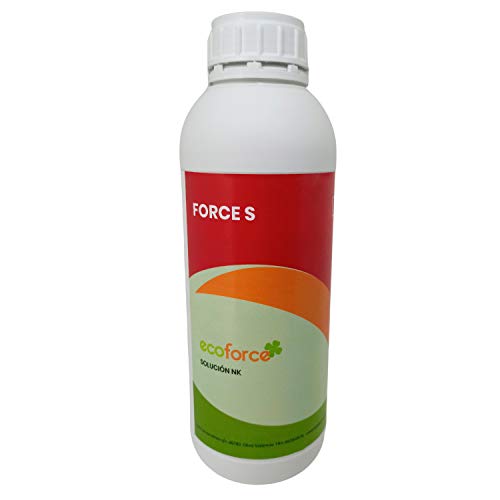
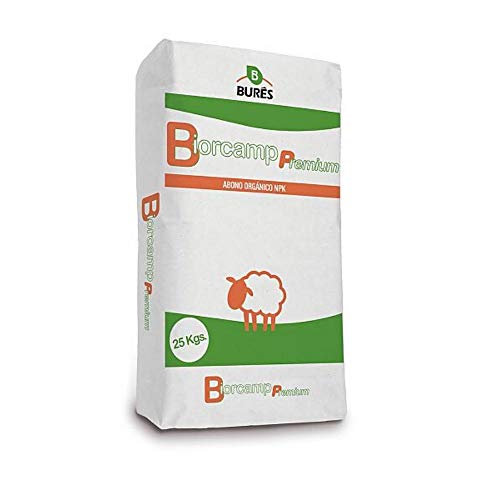
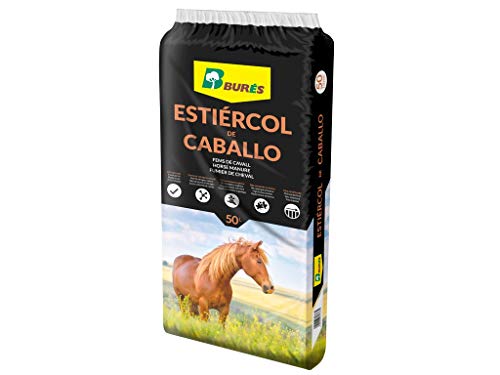
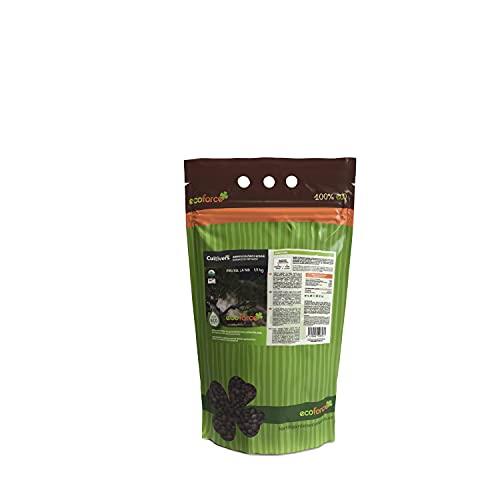
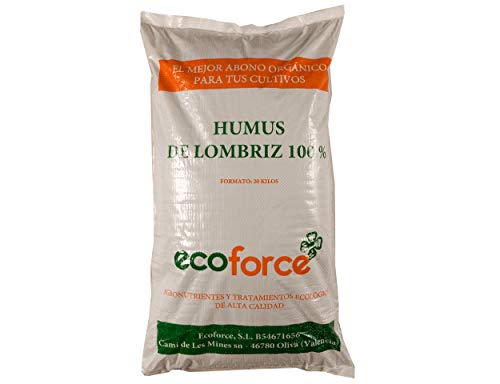
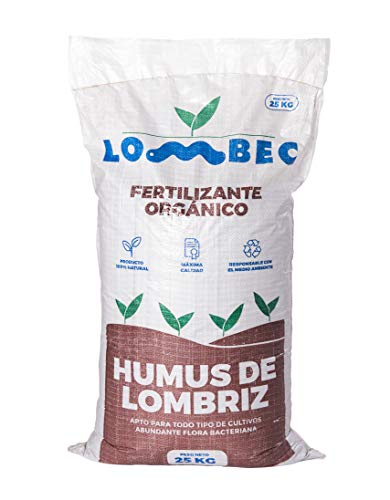
![Photo of How to Plant Thyme in 12 Steps [Guide + Images]](https://www.complete-gardening.com/wp-content/uploads/2022/08/how-to-plant-thyme-in-12-steps-guide-images-390x220.jpg)

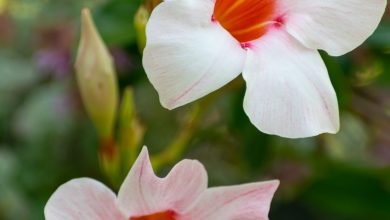
![Photo of Shepherd’s Purse: [Cultivation, Irrigation, Care, Pests and Diseases]](https://www.complete-gardening.com/wp-content/uploads/2022/08/shepherds-purse-cultivation-irrigation-care-pests-and-diseases.jpg)